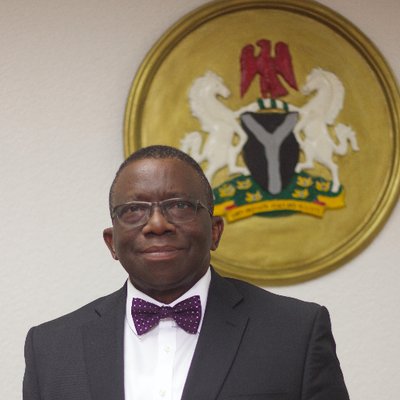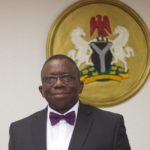By Asma’u Ahmad
The Federal Government says it is working in partnership with World Health Organisation (WHO) to reduce the prevalence of Non-Communicable Diseases (NCDs) in Nigeria in the next 10 years.
The Minister of Health, Professor Isaac Adewole, made this known while declaring open the High Level Meeting on the Multisectoral Action Plan on Non-Communicable Disease (NCDs) 2019 – 2022, in Abuja.
Adewole said the meeting was to bring key stakeholders together in a strategic manner on how to prevent NCDs and management, so that in the next 10 years NCDs will not become a major problem in the country.
The minister said that NCDs are diseases such as cardiovascular, cancers, diabetes, chronic respiratory disease and other specific conditions like injuries (from traffic crashes and violence), sickle cell disease, metal neurological and substance abuse disorder.
He said NCDs is the number one cause of death globally, noting that 71 per cent of deaths are caused by NCDs. The minister said harmful use of alcohol, tobacco unhealthy diet and sedentary lifestyle have been adduced as the leading risk factors of NCDs.
He noted that reduction of tobacco smoking reduced drastically cardiovascular diseases. Speaking on team work to curtail NCDs, Adewole said all the stakeholders must work together towards reduction of NCDs.
The Officer in Charge of World Health Organisation in Nigeria, Dr Clement Peter, represented by Dr Rex Mpazanje, said the UN High level meeting recognised that the rising prevalence of NCDs worldwide can be largely prevented and controlled.
He added that the NCDs could be controlled through collective and multisectoral action by all member states and other relevant stakeholders at local, nation, regional and global levels.
He commended Nigeria for the steps it took for the multisectoral plan and the high level forum which are in line with the multisectoral approach advocate by WHO.





